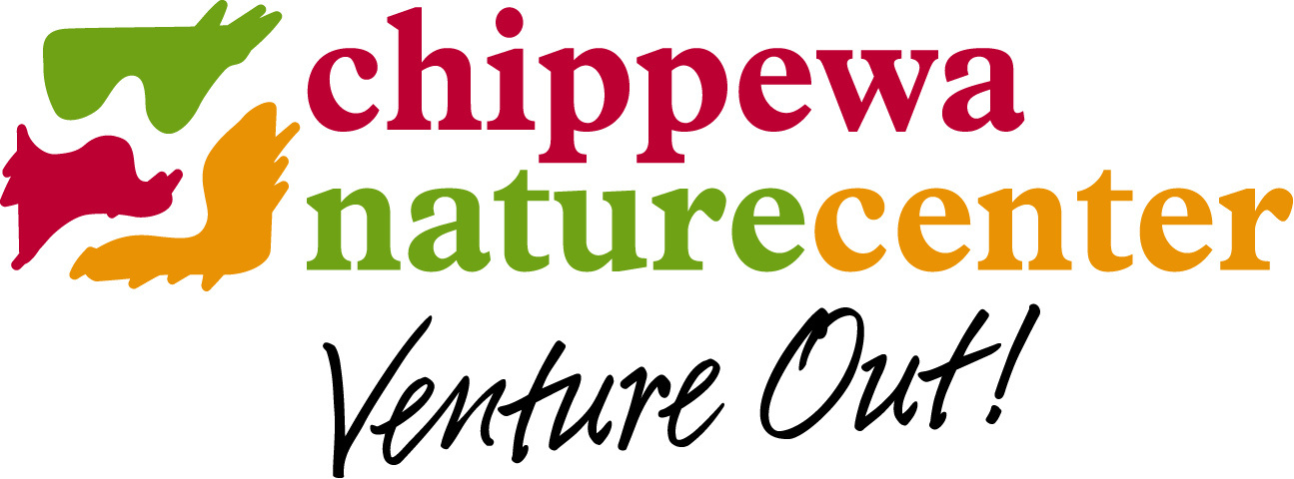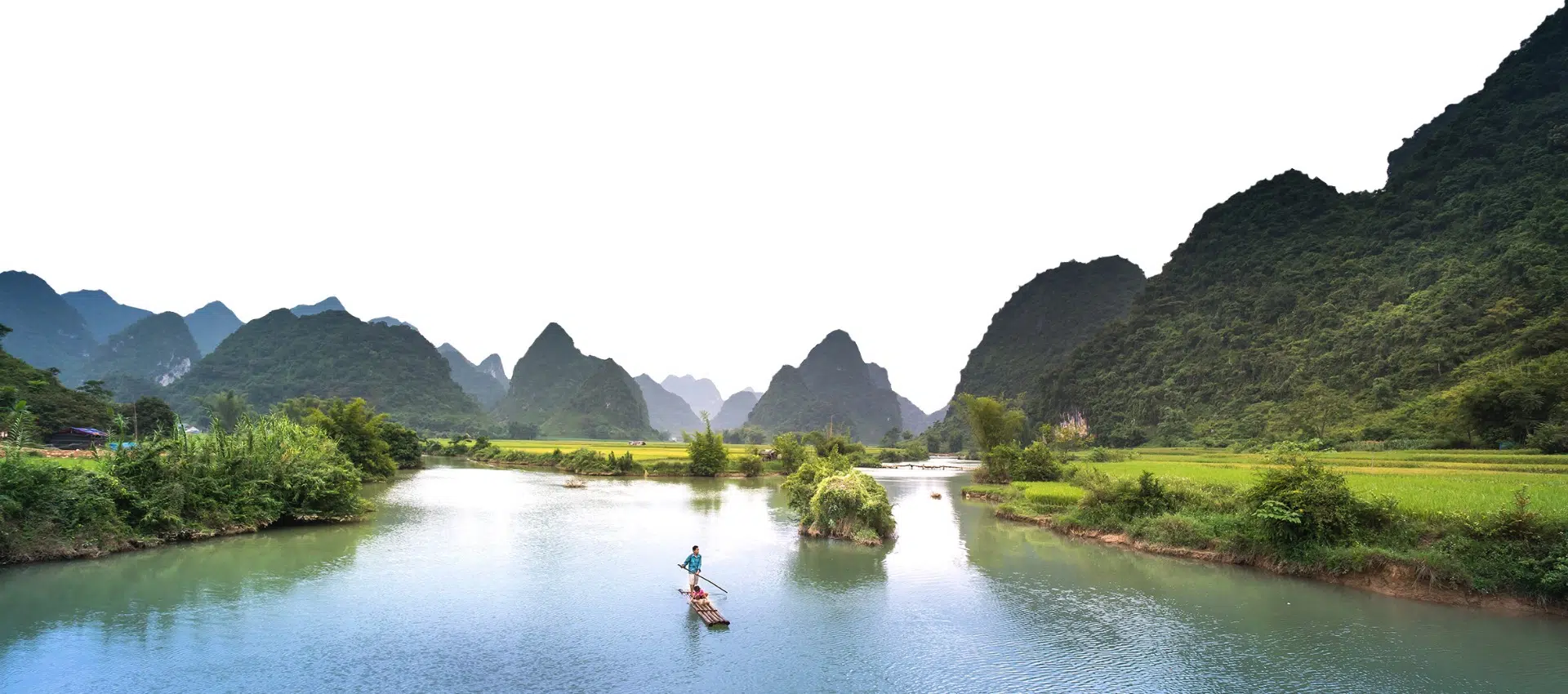PROJECT #53: LAKE STURGEON AT CHIPPEWA NATURE CENTER
Education & Awareness
2024-25 Program | Midland, MI | Tittabawassee River
24,000+
annual visitors, CNC preschool students, and school programs visit the sturgeon each year
1%
the current lake sturgeon population is estimated to be 1% of its historical abundance in Michigan
ACIPENSER FULVESCENS
scientific name for lake sturgeons
CHIPPEWA NATURE CENTER'S LAKE STURGEON PROGRAM
The lake sturgeon (Acipenser fulvescens) is a fascinating and important species native to the Great Lakes and many rivers in Michigan. However, populations have declined due to habitat destruction, pollution, overharvesting, dams obstructing migration routes, and climate change.
We understand the importance these fish bring to our Michigan waterways and support the Chippewa Nature Center (CNC) Sturgeon in a Classroom Program. The lake sturgeon on display at CNC is one of a small number of these species on display in Michigan. Visitors can see the sturgeon up close and watch how much it has grown since it first arrived as just a small fingerling. In addition to seeing the sturgeon, guests can also read about the loss and recovery of lake sturgeon, as well as understand the life cycle of this fish through panel exhibits.
The lake sturgeon raised at CNC will eventually be released in a local river with a PIT tag allowing researchers to track the fish to support restoration. These releases are part of a larger program focused on restoring these threatened species to the Saginaw River watershed over the next several decades.
Rivers are Life is proud to be the Care & Feed sponsor for the 2024-25 program.
To learn more about the important role sturgeons play in our river ecosystems, check out our blog, "Ancient Guardians of Our Rivers: Sturgeon."
PROJECT GALLERY
THANK YOU TO OUR PARTNERS
“Chippewa Nature Center is so thankful to Rivers are Life for helping to maintain our exhibit and our sturgeon. That includes food, maintenance, and all the filters involved to keep our fish healthy so that we can use it for educational value and then return it back to the water."
Michelle Fournier
School and Public Program Director,
Chippewa Nature Center


